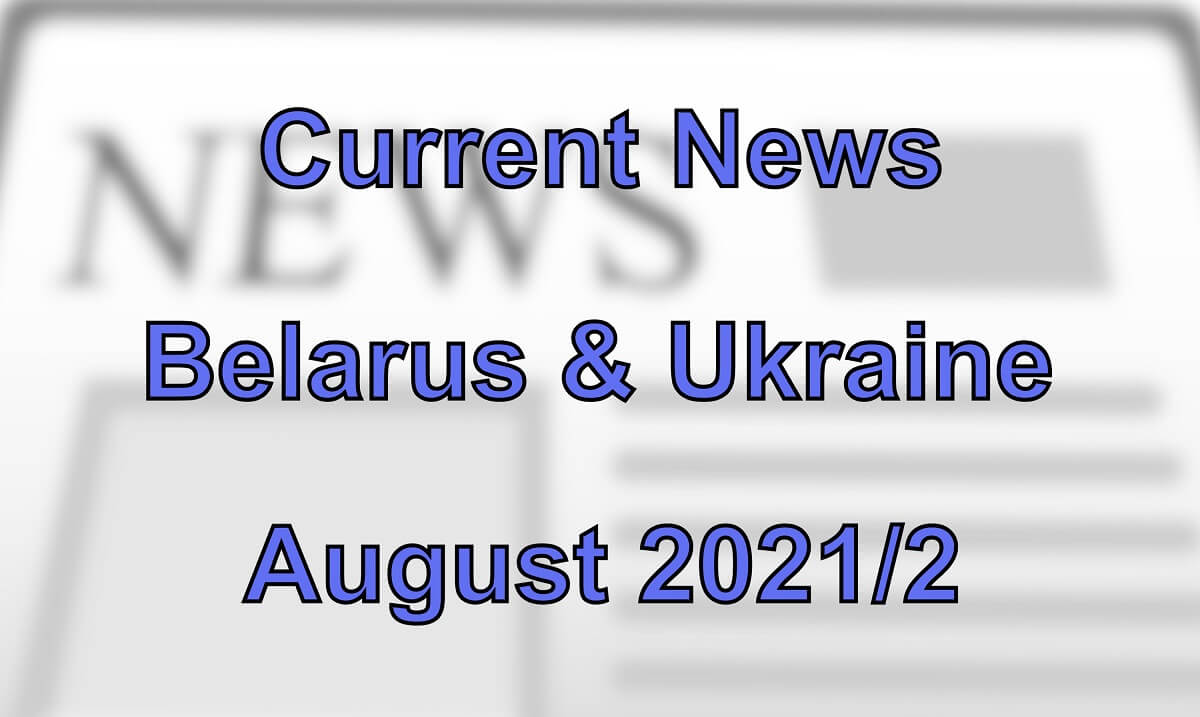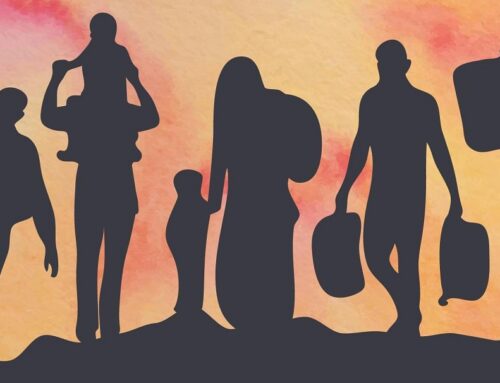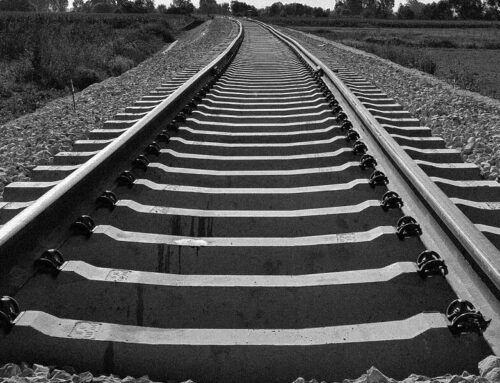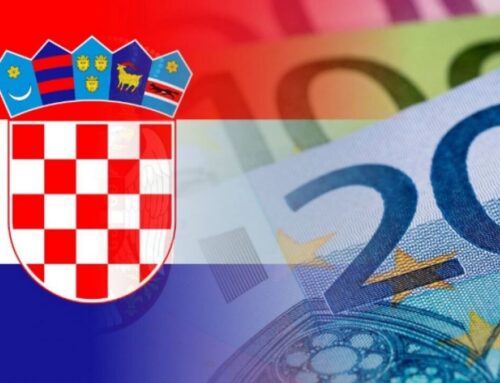Belarus
August 13. A court in Belarus designated leading independent news outlet Tut.by and its new media site, Zerkalo.io, as “extremist.”
The site Zerkalo.io was created last month by journalists from Tut.by in response to the website’s closure and other actions of Belarusian authorities aiming to disrupt the company’s activities. Tut.by was one of the largest news portals in Belarus, it is especially known for covering protests that started after Alexander Lukashenko won a disputed presidential election last summer.
According to the country’s Interior Ministry, not only the mentioned websites but also their social-media platforms were banned. The Ministry called these outlets a “platform for the propaganda of extremist activities aimed at inciting social hostility or discord, organizing and carrying out mass riots, as well as inciting political and ideological enmity”. Zerkalo.io plans to appeal the court’s ruling and continues working from abroad..
Belarus has experienced a wave of crackdowns on the media, as recently the Belsat channel, which is funded by the Polish government, was labeled extremist and closed. Authorities have also shut down the popular Nasha Niva newspaper, the Minsk office of RFE/RL, and dozens of regional publications.
August 18. Lithuania said 12 Belarusian officers in riot gear illegally entered its territory to push a group of migrants over the border.
Lithuania’s border service released a video of the incident, which showed 12 Belarusian officers armed with shields and riot gear pushing migrants towards Lithuanian territory.
Prior to that, Belarus released its own video, where Lithuanian border guards can be seen grappling with migrants, some of whom are pushed to the floor. Eventually, Belarus accused Lithuanian guards of being violent towards the migrants.
EU interior ministers condemned Belarus for trying to “instrumentalise human beings for political purposes”. Belarus’s Defense Ministry denied all the allegations of being involved in facilitating illegal border crossings by migrants.
Lithuania and its allies accuse Belarus of flying in migrants from the Middle East to send across the border, in retaliation for EU sanctions. So far, more than 4,100 mostly Iraqi migrants have entered the EU member state illegally from neighbouring Belarus this year. The increase in illegal crossings began after the EU imposed sanctions on Belarus in connection to the forced landing of a RyanAir flight with a journalist dissident on board.
Poland also experienced a spike in migrant arrivals from the Middle East. Poland’s Deputy Foreign Minister Pawel Jabloński said the situation was comparable to that faced by Lithuania. Thus, the government sent more than 900 soldiers to reinforce its border with Belarus. The country’s Defense Minister said on Twitter that the current problem at the Polish-Belarusian border is a result of the “dirty game” played by Minsk and Moscow. Alexander Lukashenko, meanwhile, accused Poland of arranging a “border conflict” and violating Belarusian territory.
August 20. Belarus: President Alexander Lukashenko authorized the start of negotiations on extending the validity of the agreements governing Russia’s two military installations in Belarus, the Belarusian state news agency Belta reported August 20.
“President of Belarus Alexander Lukashenko approved the draft protocol on the extension of the agreement on the use and maintenance of the Vileika radio station dated January 6, 1995, as a basis for negotiations,” his press service announced. Also, the same decision was made about the previous 1995 agreement regarding the construction of a missile attack warning system in Baranovichi.
So far, it is unclear how quickly these agreements will be renegotiated. However, if successful, they will potentially prolong Russia’s military presence in Belarus.
Currently, Russia maintains two military installations in Belarus under the 1995 agreements: a Russian Navy communication center in Vileika and an missile attack early warning system in Baranovichi.
August 26. Belarusian investigators refused to open a criminal case in response to 680 separate complaints about police abuse during the suppression of opposition protests after last year’s disputed presidential elections.
The Belarusian Investigative Committee issued a statement claiming given the obtained evidence security forces officers used physical force and special equipment in accordance with the requirements of the law. According to the statement, investigators could not confim reports about “alleged abuse of office, in the form of torture [and] sexual abuse.”
Moreover, the Investigative Committee stated that 680 reports were filed by individuals who seek to use such complaints as “as fictitious tools for obtaining ‘political asylum’ in other countries”.
The Okrestina Street detention center in Minsk gained a notorious reputation due to reports of physical abuse and dehumanization during the opposition protests. According to the United Nations, more 450 cases of torture and mistreatment were documented there during the first three weeks of the protests alone.
UKRAINE
August 20. The European Commission announced that the European Union (EU) will recognise national Covid certificates from Turkey, Ukraine and North Macedonia from Friday, facilitating tourist flows from these countries.
According to the statement, the three countries’ certificates will be connected to the bloc-wide EU Digital Covid Certificate system. The so-called vaccination certificates are used to demonstrate the fact that the bearer has been inoculated with one of the vaccines approved by the European Medicines Agency (EMA), has recovered from a Covid-19 infection or has a recent negative Covid test.
Currently, Turkey, Ukraine and North Macedonia in turn are accepting the EU’s Covid certificates.
There are six vaccines, including BioNTech/Pfizer, AstraZeneca, Moderna and Johnson & Johnson and China’s Sinovac, that are being administered in Ukraine. However, the Chinese vaccines are not approved in the EU so far, which can create potential problems for those willing to enter the European Union. Similar situations are seen in Turkey and North Macedonia whose vaccines portfolios include non-EMA registered jabs.
August 21. Russia expands sanctions against Ukraine, Kyiv Retaliates
Russia expanded its economic sanctions on Ukrainian individuals to include Foreign Minister Dmitry Kuleba and National Security and Defense Council Secretary Alexei Danilov.
Currently, the number of sanctioned Ukrainian individuals has reached 922. The move was made by Moscow on the eve of the inaugural summit of the Crimean Platform convened by Ukraine to bolster international support for Kyiv in its attempts to return the Crimean peninsula that was annexed by Russia seven years ago. Kremlin spokesman Dmitry Peskov called the summit “extremely unfriendly” towards Russia.
In a retaliatory fashion, Ukraine resorted to blocking websites of 12 Russian media organizations. Among the banned outlets were several prominent newspapers and dailies, including the Vedomosti and the Moskovsky Komsomolets.
August 23. The EU reaffirmed its support for Ukraine over Crimea as President Volodymyr Zelenskyy vowed to do “everything possible” to get back control of the peninsula so that Ukraine “becomes part of Europe”.
“I am here to reaffirm the EU’s unwavering stance: we do not and will not recognize the illegal annexation of Crimea and Sevastopol by Russia,” European Council President Charles Michel said during a speech at the first International Crimea Platform Summit.
“I believe the territory of the Crimea, long known as a recreation area, has turned into a military base and lodgment area of Russian Federation influence on Black Sea region,” Volodymyr Zelenskyy said. “As long as there is no progress, the pressure on Russia should continue. We want to see active efforts of our Western partners,” he said.
Ukraine convened the international summit to build up pressure on Russia over the annexation of Crimea in 2014, which is viewed as illegal by most of the world. Top officials from 46 countries and blocs took part in the summit, including from each of the 30 NATO members. Moscow called the summit an “anti-Russian event.”
August 23. Russian authorities detained a Ukrainian citizen suspected of espionage in the city of Tula.
The Federal Security Service (FSB) said on August 23 that the man, whose identity was not revealed, is suspected of collecting classified data related to Russia’s latest firearms technologies for Ukraine’s secret services.
If convicted, the suspect faces up to 20 years in prison. There was no immediate reaction from Kyiv.
Earlier this year, Russian authorities in Ukraine’s Crimea region arrested two men in separate cases in April and June on charges of spying for Kyiv.
August 24. Ukraine’s deputy foreign minister’s remarks about a “hijacked” Ukrainian aircraft in Afghanistan sparked confusion as his own ministry denied the claims.
Yevgeny Yenin, Ukraine’s deputy foreign minister, told the radio that the aircraft was “de facto hijacked” from the Kabul airport on August 15, from where “it flew to Iran with a group of unknown passengers instead of evacuating Ukrainians”. Meanwhile, Ministry spokesman Oleg Nikolenko stated that such claims “do not correspond to reality”.
Various messages about the airplane being ‘rented’ by wealthy “hazaras”, who allegedly paid for the flight with foreign currency, gold, and jewelry, added even more confusion.
Nevertheless, Iran’s Civil Aviation Authority has also denied the report, saying that the Kyiv-bound plane refueled in the Iranian city of Mashhad during its journey from Kabul to the Ukrainian capital.




